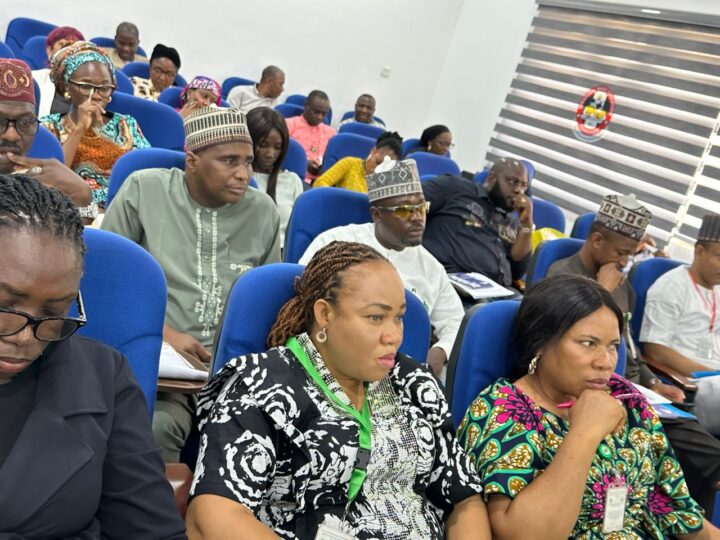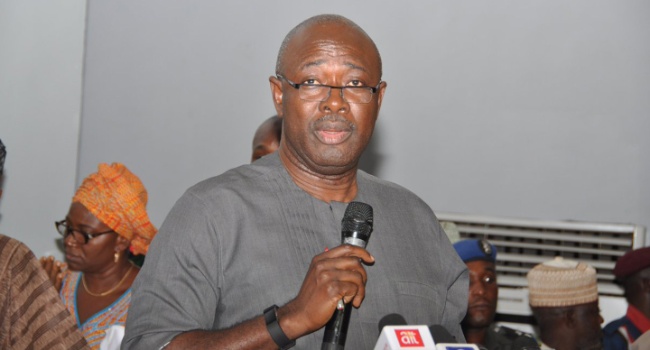The Universal Basic Education Commission (UBEC) has commenced the training of 1,480 teachers selected from rural and hard-to-reach schools in the 36 states of the federation and the federal capital territory (FCT).
Speaking at the flag-off of the training in Abuja on Monday, Hamid Bobboyi, executive secretary of UBEC, said the objective of the exercise is to address the growing “learning crisis” in the country.
Bobboyi, who was represented at the event by Bala Zakari, the deputy executive secretary (technical), said the training focuses on the multigrade and mixed-ability approaches to teaching.
He said 40 teachers were selected from each state and the FCT to participate in the training.
Advertisement
The executive secretary said one of the challenges facing the implementation of UBE in Nigeria is the inability of some learners to access quality education that translates to improved learning outcomes due to their locations.
“In the rural and hard-to-reach areas, the provision of quality education is challenging as attracting and retaining qualified teachers is difficult,” he said.
“This causes parents/guardians to be less inclined to enrol their children in school or withdraw them from school since their education needs are not met.
Advertisement
“The general outcry by stakeholders over the dearth of teaching staff in the rural and hard-to-reach schools attests to this fact.”
Bobboyi said the capacity-building programme on multigrade-mixed classroom pedagogies will equip teachers in rural and hard-to-reach schools with skills needed for the effective teaching and management of learners.
He said the method allows teachers to create inclusive and dynamic learning environments where every learner can thrive.
“In a world where classrooms are becoming increasingly diverse and complex, it is essential for teachers to be equipped with strategies to effectively engage and support learners irrespective of their age, ability, interest, and socio-economic background,” Bobboyi said.
Advertisement
Add a comment







